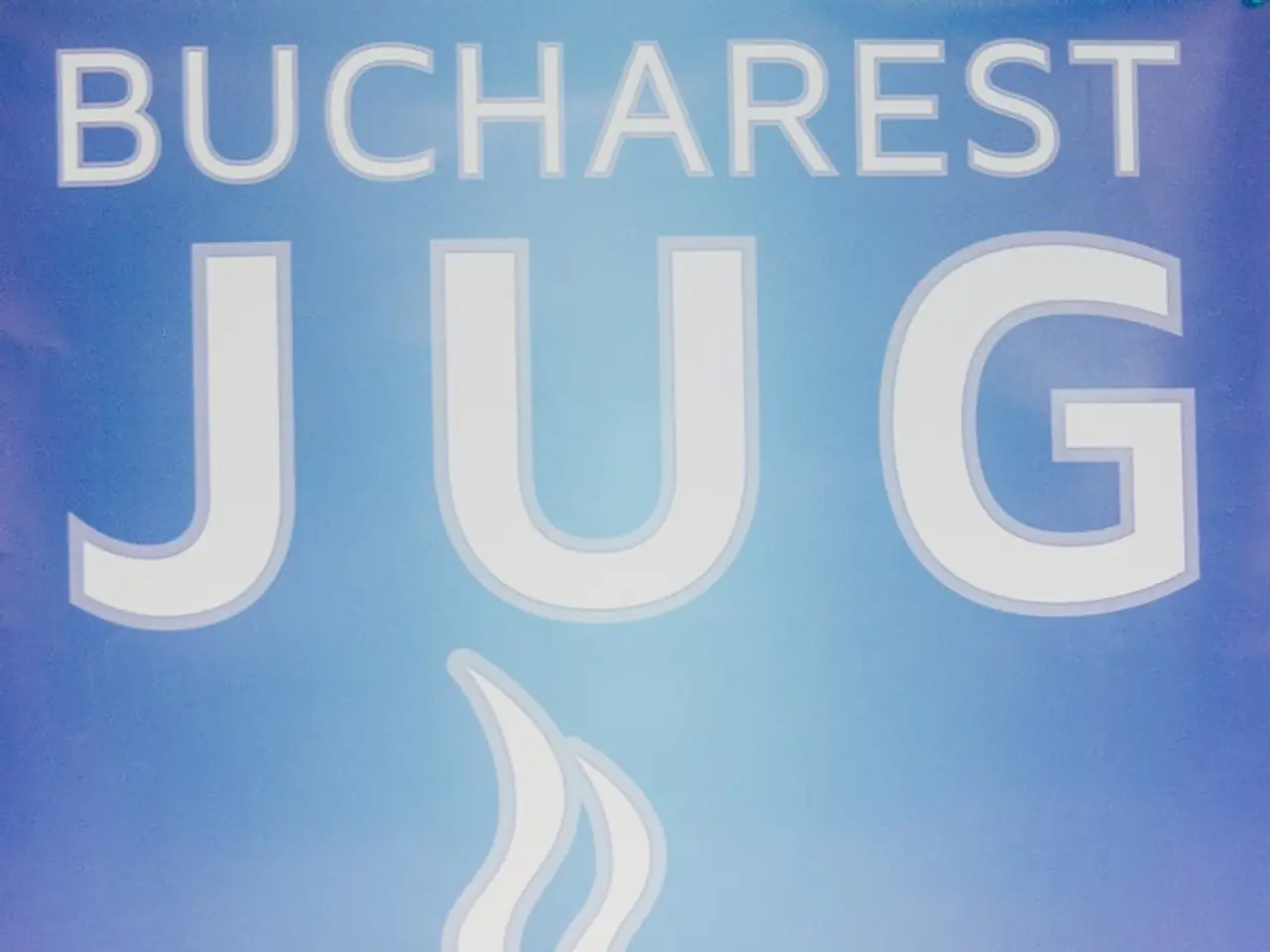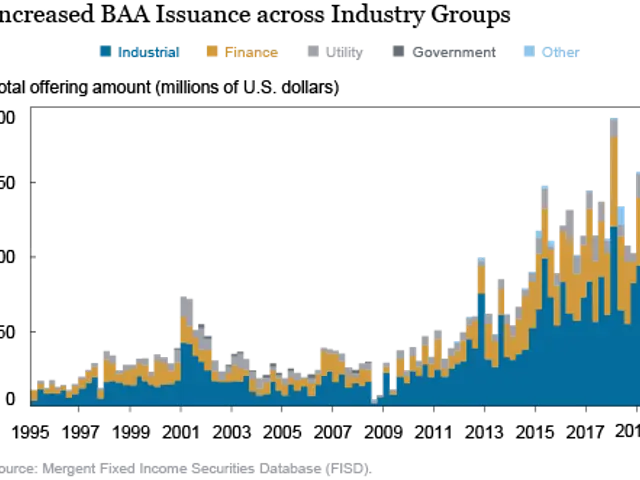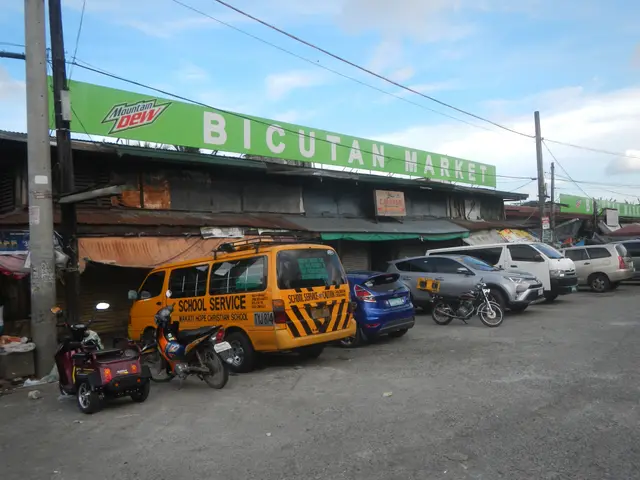Pandemic Surprises: Resilience in People and Companies
Organisations and humans alike have been surprised by their own resilience during the COVID-19 pandemic. Both have discovered dormant capabilities that suddenly became crucial. Some people, for instance, had genetic variants that made them resistant to the virus. Meanwhile, companies like Johnson & Johnson, which maintained unprofitable vaccine production capacities, were able to respond swiftly to the crisis.
Researchers have found that certain genetic capabilities cluster together predictably, while others exclude each other. This has significant implications for organisational strategy. Businesses often eliminate diversity in the name of efficiency, but evolution preserves this 'useless' diversity. Companies that maintained 'excessive' remote working infrastructure and 'redundant' supply chains found these to be essential for survival during the pandemic.
Business leaders should consider these lessons when developing capability cluster maps. These maps can help predict which dormant capabilities will create compound advantages when circumstances change. The question is not 'will this work now?', but 'does this give us options when circumstances change?' Risk management processes that once felt 'bureaucratic' have proven crucial for business continuity during disruptions.
The pandemic has shown that what seems unnecessary today can be vital tomorrow. Organisations that survive disruption activate dormant capabilities that suddenly become relevant. By understanding and preserving this diversity, businesses can prepare for future challenges and maintain a competitive edge.








